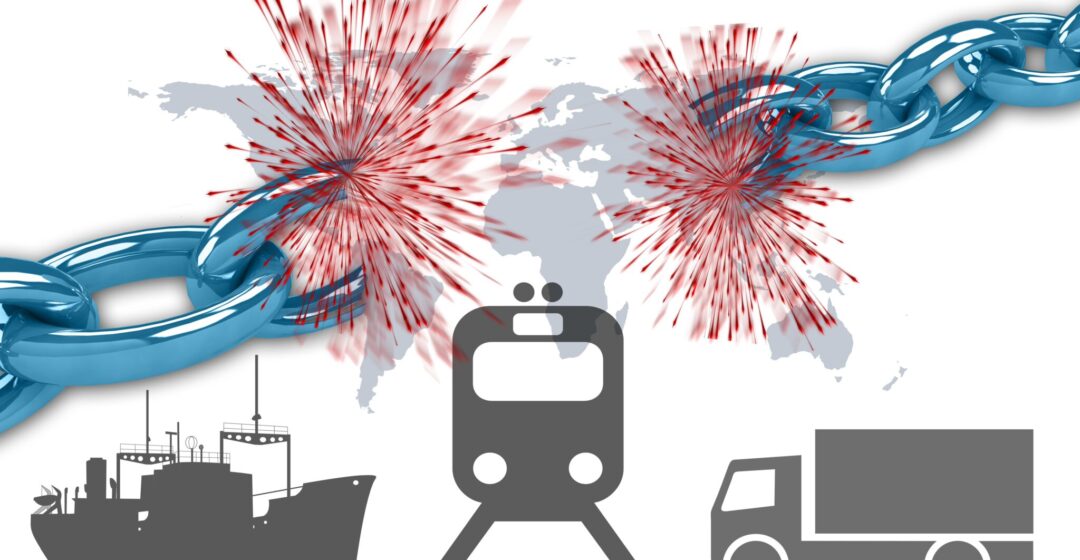The world is changing at an unprecedented pace, and with it comes new challenges and opportunities. As technology advances and global connectivity increases, we are faced with complex issues that require innovative solutions. The concept of international supply network 4.0 is one such solution that has emerged to address the challenges of managing international supply chains.
The concept of supply network management refers to the strategic and transparent incorporation of all supply network participants, including both supply chain and non-supply chain participants, through the systemic synchronization of knowledge dissemination throughout all vertical, horizontal, and diagonal links in order to obtain the objectives of the supply network. The expansion of international supply networks has caused significant changes in supply chain management. With the inclusion of multiple players from different sectors, supply chain management has transformed from the management of a company’s supply chain and logistics activities to the management of a complex network of companies that frequently span the globe. This has led to a need for the digitalization of supply chains and transformation into international supply chains 4.0, which involves the use of Big Data, the Internet of Things, Cloud Computing, and other technologies. However, the international supply chain 4.0 concept is still relatively new, providing opportunities for further scholarly investigation and contribution in this field.
The international supply networks 4.0 (ISN 4.0) is an area of scientific study that covers a large area of innovation and sustainability related research. Responding to the research calls, the study of sustainability within ISN 4.0 can be considered an interesting area for both researchers and executives. Considering the intersection of Industry 4.0 concept with the international supply network management, it can be inferred that the international supply network 4.0 management refers to the employment of a wide range of Industry 4.0 related technologies at all phases of the supply network in the complex international contexts that go beyond the boundaries of a single nation and are made up of several organizations scattered across multiple tiers and locations. Additionally, collaboration in innovation and sustainable innovation can be considered a sustainable performance outcome for ISN 4.0, augmenting the competitive advantage of network firms and the entire network in global markets. The attainment of environmental, economic and social performance as well as the adoption of ecologically and socially responsible behaviors are all parts of sustainability achievements. Accordingly, the sustainability-oriented innovation concept seeks to encourage modifications in procedures and goods based on specific goals of producing social and environmental value while also generating financial benefits.
Furthermore, the role of Industry 4.0 related technologies in international supply chain activities, along with the expansion of international supply networks, encourages researchers to investigate ISN 4.0. The research calls for the inclusion of the technologies of digital supply chains into other ongoing supply chain-related research. Industry 4.0 technologies are able to help supply chains develop value in a sustainable way.
Inside these international networks, various firms are working in order to achieve the whole network goals as well as their own goals. These firms are separated by their boundaries but some elements are located in the boundaries which help the firms to collaborate. Boundary spanning is a concept that includes various boundary elements, such as boundary spanners, boundary objects, boundary technologies, and boundary organizations. Occasionally boundary elements develop and function in harmony to maintain integrity over greater swaths of space and time. Boundary infrastructure refers to these structured networks of boundary elements. These elements have been frequently used in previous research to describe the functions of actions or interventions that encourage innovation and facilitate changes. These elements which are located in the boundary positions of firms within the international supply networks are able to link various entities from different parts of the world inside or outside of the international supply network.
Therefore, I conducted a study to explain how boundary infrastructures play a pivotal role in facilitating interpersonal as well as intra- and inter-organizational interactions to lead to extensive integration among firms’ activities and subsequently to the entire ISN 4.0 in order to achieve sustainable outcomes. Empirically, I intend to develop a conceptual model of ISN 4.0’s boundary spanning infrastructures in order to achieve sustainability outcomes in the form of collaboration in sustainable innovations within ISNs 4.0 whose focal companies are located in Finland. Thus, I aim at investigating the ways the boundary spanning infrastructures affect the achievement of sustainability outcomes in the form of collaboration in the sustainable innovations within ISN 4.0. The majority of studies on these domains are either totally conceptual or include elements of an abstract inquiry, which is typical of the early stages of a new research area with limited theoretical frameworks. Hence, I have developed insights in order to respond to recent calls to focus on empirical as well as longitudinal studies on boundary spanning infrastructures and micro foundations, sustainable innovation, Industry 4.0-adapted international supply chains and their barriers and enablers.
Mehran Aslaniyan
Doctoral researcher
International Business
University of Vaasa




